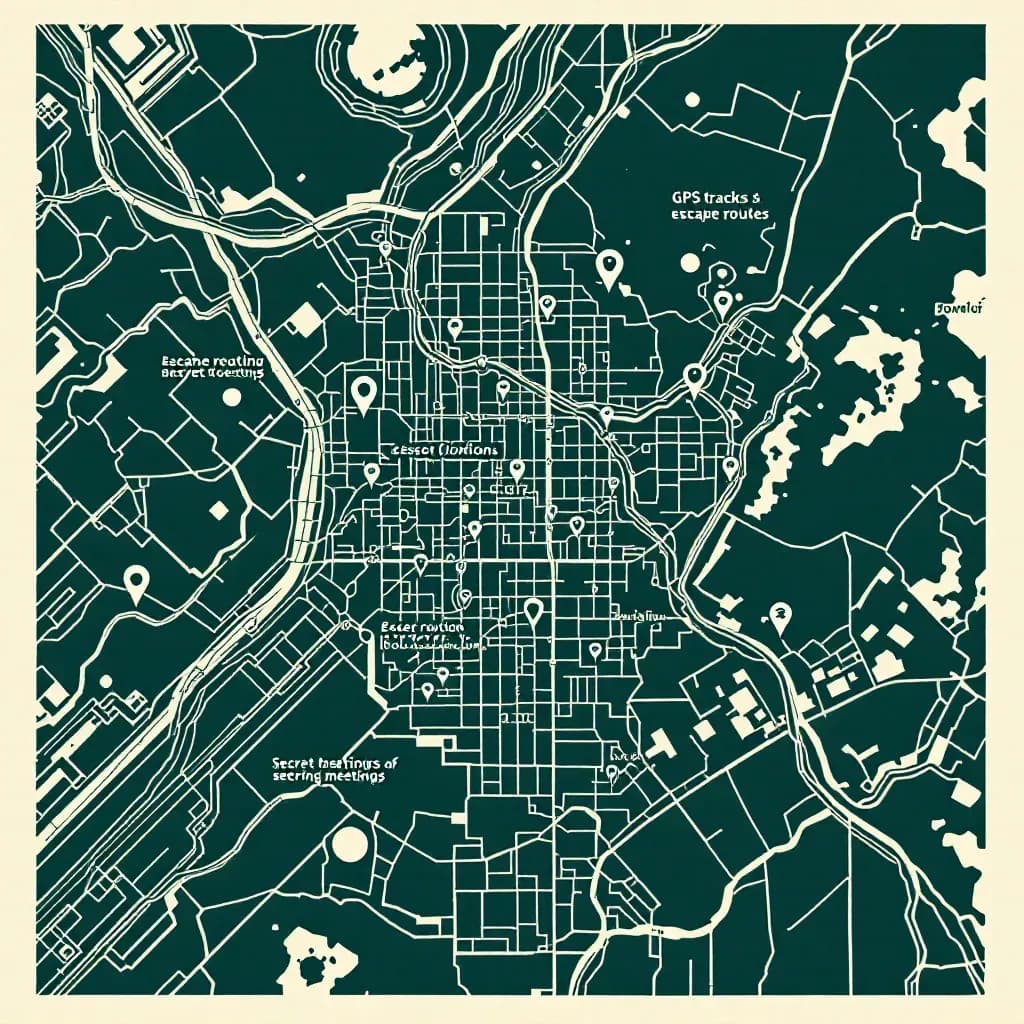
Gps data
The digital trail that convicts criminals – and challenges privacy
Your movements can incriminate you. GPS data is the invisible witness in true crime, revealing everything from escape routes to secret meetings. But what about your privacy?
The digital trail that convicts criminals – and challenges privacy
What is GPS data, and why is it vital for investigators?
In the context of true crime, GPS data refers to crucial geographical position information collected via Global Positioning System (GPS) technology. This data can reveal the precise movements of a person, vehicle, or device over time and has become a key piece of evidence in modern criminal investigations. It provides a detailed picture of movement patterns, timelines, and presence at specific locations, which is often vital for linking a suspect to a crime scene or reconstructing a victim's final hours. The stream of information from devices such as smartphones, car navigation systems, smartwatches, and dedicated tracking units can thus confirm or refute an alibi, reveal secret meetings, or even map out escape routes and the disposal of evidence, making it invaluable in many investigations.
GPS data: Finding the balance between inquiry and privacy
However, the use of GPS data is not without its challenges. For investigators, this data represents a potential goldmine of digital trails that can accelerate the resolution of cases ranging from simple theft to complex murders and organized crime. At the same time, the collection and use of such detailed personal information raise important questions about privacy and the legal frameworks for surveillance. Although the precision of GPS data can vary, and its interpretation requires great care to avoid erroneous conclusions, its ability to draw a digital map of a person's physical movements has undeniably transformed modern investigation.
Future of investigation: Why understanding GPS is crucial
An in-depth understanding of how GPS data is generated, stored, and analyzed has therefore become essential, not only for police and prosecutors in their investigations but also for defense attorneys and the general public interested in true crime. The technology behind GPS tracking is constantly evolving, and with it comes an ongoing debate about the balance between effective crime fighting and the protection of individual rights. This cements the continued relevance and crucial importance of GPS data in criminal law and the future investigation of crimes, including cases involving a specific crime scene or complex sequences of events.
Did this spark your interest? Explore how GPS data has exposed perpetrators in cases ranging from theft to murder. Delve into real-life cases involving GPS data – find our intriguing cases below.



